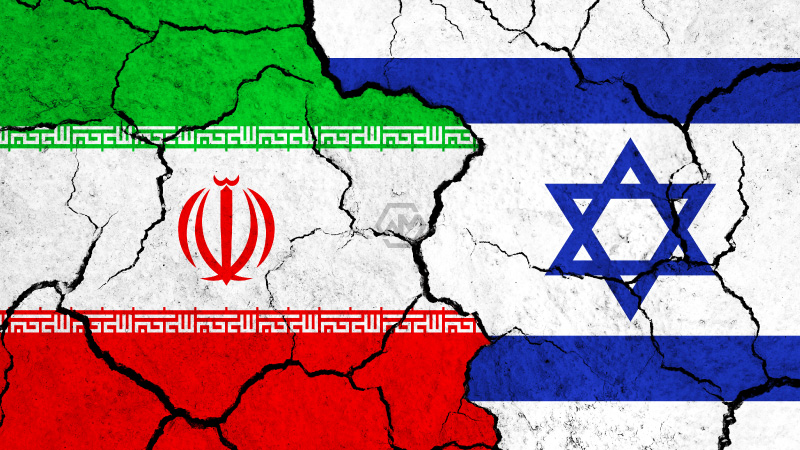- Israel accuses Iran of violating a newly declared ceasefire brokered by Donald Trump.
- Iran denies launching any fresh attacks, warning against further Israeli aggression.
- Tensions reignite just hours after both countries tentatively agreed to halt hostilities.
In a rapidly shifting geopolitical drama, Israel and Iran are once again on the brink of open conflict despite agreeing to a ceasefire reportedly brokered by former U.S. President Donald Trump.
Meanwhile, Iranian officials have categorically denied firing any missiles post-ceasefire. Foreign Minister Abbas Araghchi claimed Iran had “no intention to continue” attacks unless provoked, emphasizing that Israel must halt “illegal aggression.”
Fragile Peace: Tensions Flare as Israel Accuses Iran of Truce Breach
The ceasefire, which Trump praised as a “total success,” came just hours after Iran launched a retaliatory missile attack on a U.S. base in Qatar, reportedly in response to American airstrikes on Iranian nuclear facilities. Though most missiles were intercepted, the act marked a dangerous escalation in U.S.-Middle East relations. Trump’s intervention was described by analysts as a calculated attempt to de-escalate a widening regional war and reassert American influence in the region.
Despite the ceasefire’s intent, civilian casualties continue to mount. In Israel’s Be’er Sheva, at least seven people were killed when an Iranian missile struck a residential complex. In Tehran, residents described the Israeli missile barrage as one of the heaviest of the conflict. Iranian state media reported nine fatalities, including defense personnel and one nuclear scientist, further hardening the country’s stance.
Diplomatic voices have emerged, urging both countries to recommit to dialogue. Israeli opposition leader Yair Lapid called the ceasefire a “golden opportunity” to end the broader conflict, including the ongoing war in Gaza, which has resulted in over 55,000 deaths. Human rights groups and families of Israeli hostages held by Hamas have echoed similar sentiments, arguing that peace with Iran could pave the way for a wider resolution.
The role of Qatar, China, and other global powers in brokering and sustaining peace has been notable. Diplomatic sources confirmed that Qatar played a key role in persuading Iran to stand down, while China issued a formal statement urging both sides to honor the truce. However, with accusations flying and missiles still falling, the world remains on edge, watching whether this tenuous calm can hold.
What was heralded as a diplomatic breakthrough has rapidly devolved into a familiar pattern of mistrust, retaliation, and conflicting narratives. The ceasefire’s future now rests on restraint and renewed negotiations.
“Peace is not absence of conflict, it is the ability to handle conflict by peaceful means.” — Ronald Reagan
This moment demands diplomacy over destruction, dialogue over defiance.



